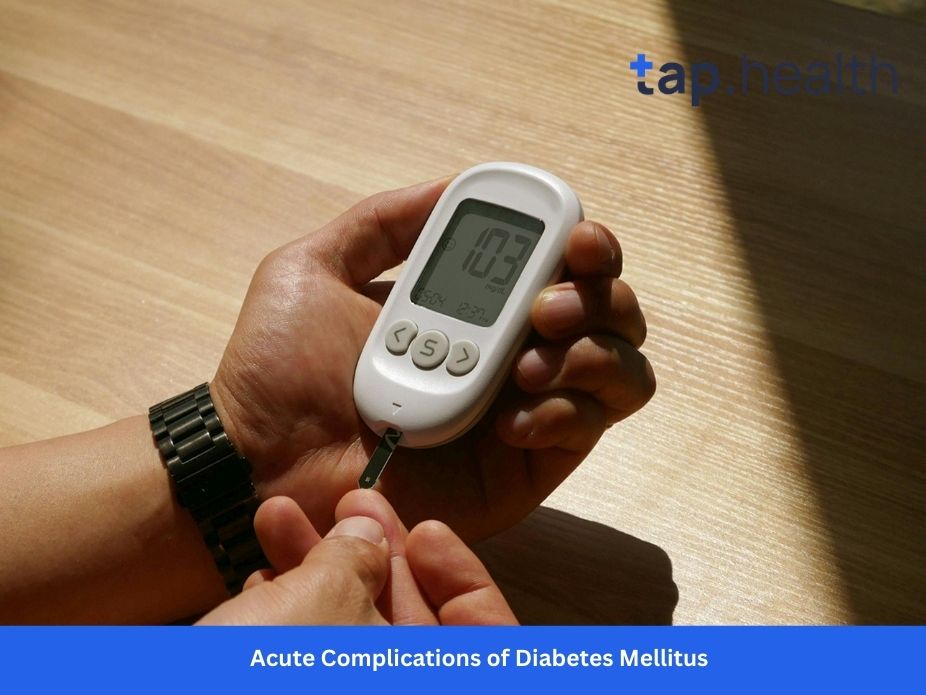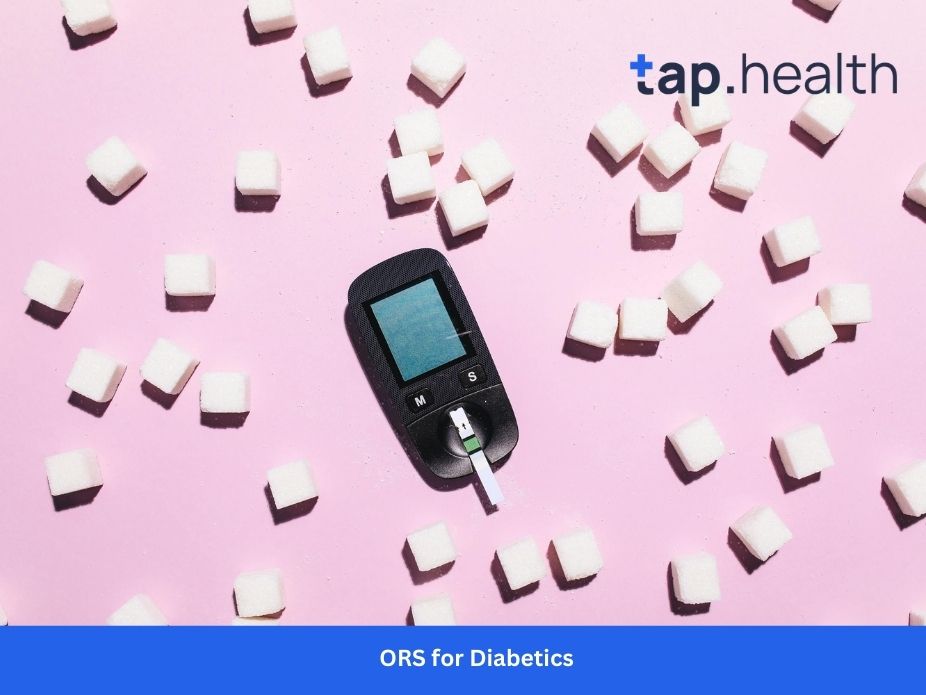A balanced diet is the cornerstone of good health, providing essential nutrients to fuel the body, support growth, and reduce chronic disease risk. When paired with regular exercise, a nutrient-rich diet becomes even more powerful, promoting physical and mental well-being. This blog explores the interplay of exercise and a balanced diet, the importance of essential nutrients, practical tips for maintaining a healthy lifestyle, and how physical activity enhances nutrient absorption.
What Is a Balanced Diet and Why Is It Important?
A balanced diet includes a variety of foods from different food groups in appropriate proportions, ensuring the body receives adequate carbohydrates, proteins, fats, vitamins, minerals, and fiber. It’s not just about what you eat but also how much, with portion control playing a critical role in preventing overeating or nutrient deficiencies.
Key Components of a Balanced Diet
- Fruits and Vegetables: Rich in vitamins, minerals, antioxidants, and fiber, these support immune function and digestion.
- Whole Grains: Provide complex carbohydrates for sustained energy and fiber for gut health.
- Lean Proteins: Essential for tissue repair and muscle growth, found in meats, beans, and nuts.
- Healthy Fats: Support brain health and nutrient absorption, sourced from avocados, olive oil, and seeds.
- Hydration: Water aids digestion, nutrient absorption, and temperature regulation.
A balanced diet promotes healthy weight management, supports growth in children, and reduces the risk of heart disease, diabetes, and certain cancers. It also enhances energy levels, improves mental well-being, and strengthens immunity.
How Does Exercise Complement a Balanced Diet?
Exercise and a balanced diet work hand-in-hand to optimize health. While a nutrient-rich diet provides the fuel, physical activity enhances the body’s ability to utilize these nutrients effectively.
Benefits of Combining Exercise with a Balanced Diet
- Weight Management: Exercise burns calories, helping maintain a healthy weight when paired with proper portion control.
- Cardiovascular Health: Physical activity strengthens the heart, while a diet low in saturated fats reduces cholesterol and blood pressure.
- Mental Well-Being: Exercise releases endorphins, and nutrients like omega-3s support brain health, reducing the risk of mental health disorders.
- Chronic Disease Prevention: Regular exercise and a balanced diet lower the risk of obesity, diabetes, and heart disease.
Physical activity increases the body’s demand for nutrients, making a balanced diet even more critical for supporting performance and recovery.
How Does Physical Activity Impact Nutrient Absorption?
Exercise enhances the body’s ability to absorb and utilize nutrients, ensuring that the benefits of a balanced diet are maximized.
Key Ways Exercise Boosts Nutrient Utilization
- Improved Metabolism: Physical activity increases metabolic rate, helping the body process carbohydrates, proteins, and fats more efficiently.
- Enhanced Blood Flow: Exercise improves circulation, delivering nutrients to muscles and organs more effectively.
- Increased Nutrient Demand: Active individuals require more energy and nutrients, making a balanced diet essential for recovery and performance.
- Better Digestion: Regular movement supports gut health, aiding in the absorption of vitamins and minerals.
For example, post-workout meals rich in protein and carbohydrates help repair muscles and replenish energy stores, optimizing recovery.
Essential Nutrients and Their Sources
A balanced diet ensures the intake of essential nutrients, each playing a unique role in supporting health.
Macronutrients: The Building Blocks
- Proteins: Vital for muscle repair and growth. Sources include lean meats, fish, beans, lentils, nuts, and seeds.
- Carbohydrates: The body’s primary energy source. Opt for complex carbs like whole grains, fruits, and vegetables.
- Fats: Support hormone production and nutrient absorption. Healthy fats are found in avocados, olive oil, and nuts.
Micronutrients: Small but Mighty
- Vitamins: Vitamin C (citrus fruits) boosts immunity, while vitamin D (fatty fish, fortified foods) supports bone health.
- Minerals: Iron (lean meats, leafy greens) aids oxygen transport, and calcium (dairy, greens) strengthens bones.
Incorporating a variety of colorful fruits and vegetables ensures a broad spectrum of micronutrients, enhancing overall health.
Practical Tips for Maintaining a Balanced Diet
Achieving a balanced diet requires planning and informed choices. Here are actionable tips to help you succeed:
1. Plan and Prep Meals
- Dedicate time to meal planning to include a variety of food groups.
- Batch-cook healthy meals to avoid impulsive, unhealthy choices.
- Stock your kitchen with nutrient-rich ingredients like whole grains, lean proteins, and fresh produce.
2. Make Informed Food Choices
- Read food labels to avoid processed foods high in sugar, sodium, or unhealthy fats.
- Experiment with new recipes to incorporate diverse fruits, vegetables, and proteins.
- Prioritize whole, unprocessed foods for maximum nutrient density.
3. Practice Portion Control
- Listen to your body’s hunger and fullness cues to avoid overeating.
- Use smaller plates to manage portion sizes effectively.
4. Stay Hydrated
- Drink water throughout the day and include water-rich foods like cucumbers and watermelon.
- Limit sugary drinks to maintain overall health.
Long-Term Benefits of a Balanced Diet and Exercise
Adopting a balanced diet and regular exercise as a lifestyle yields significant long-term benefits:
- Increased Longevity: Nutrient-rich diets reduce the risk of chronic diseases, promoting a longer, healthier life.
- Improved Cognitive Health: Omega-3s and antioxidants protect against age-related cognitive decline.
- Enhanced Energy and Performance: A balanced diet fuels daily activities, while exercise improves stamina and strength.
- Better Mental Health: Nutrient-dense foods and physical activity reduce stress and improve mood.
By prioritizing nutrition and exercise, you invest in your future well-being, ensuring vitality as you age.
Common Questions About Exercise and a Balanced Diet
How Often Should I Exercise to Complement a Balanced Diet?
Aim for at least 150 minutes of moderate aerobic activity or 75 minutes of vigorous activity per week, paired with strength training twice weekly, to maximize health benefits.
What Should I Eat Before and After Exercise?
- Pre-Workout: Opt for a small meal with carbs and protein, like a banana with peanut butter, 1–2 hours before exercising.
- Post-Workout: Consume a mix of protein and carbs, such as a smoothie with Greek yogurt and berries, to aid recovery.
Can I Achieve a Balanced Diet Without Exercise?
While a balanced diet alone provides significant health benefits, combining it with exercise enhances weight management, nutrient absorption, and overall well-being.
Conclusion
A balanced diet, rich in essential nutrients, is vital for optimal health, supporting everything from weight management to disease prevention. When paired with regular exercise, it becomes a powerful tool for enhancing physical performance, mental well-being, and nutrient absorption. By incorporating practical strategies like meal planning, informed food choices, and portion control, you can maintain a healthy lifestyle. Prioritizing both nutrition and physical activity ensures long-term benefits, paving the way for a vibrant, healthy future.



